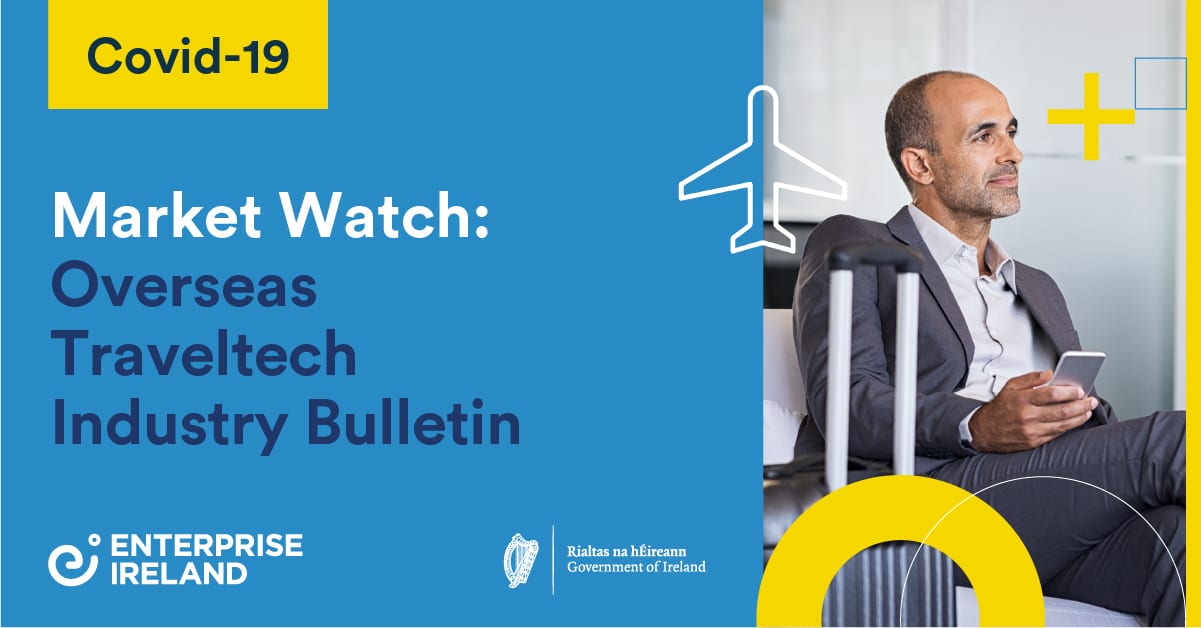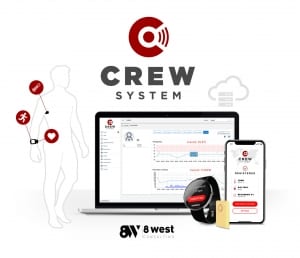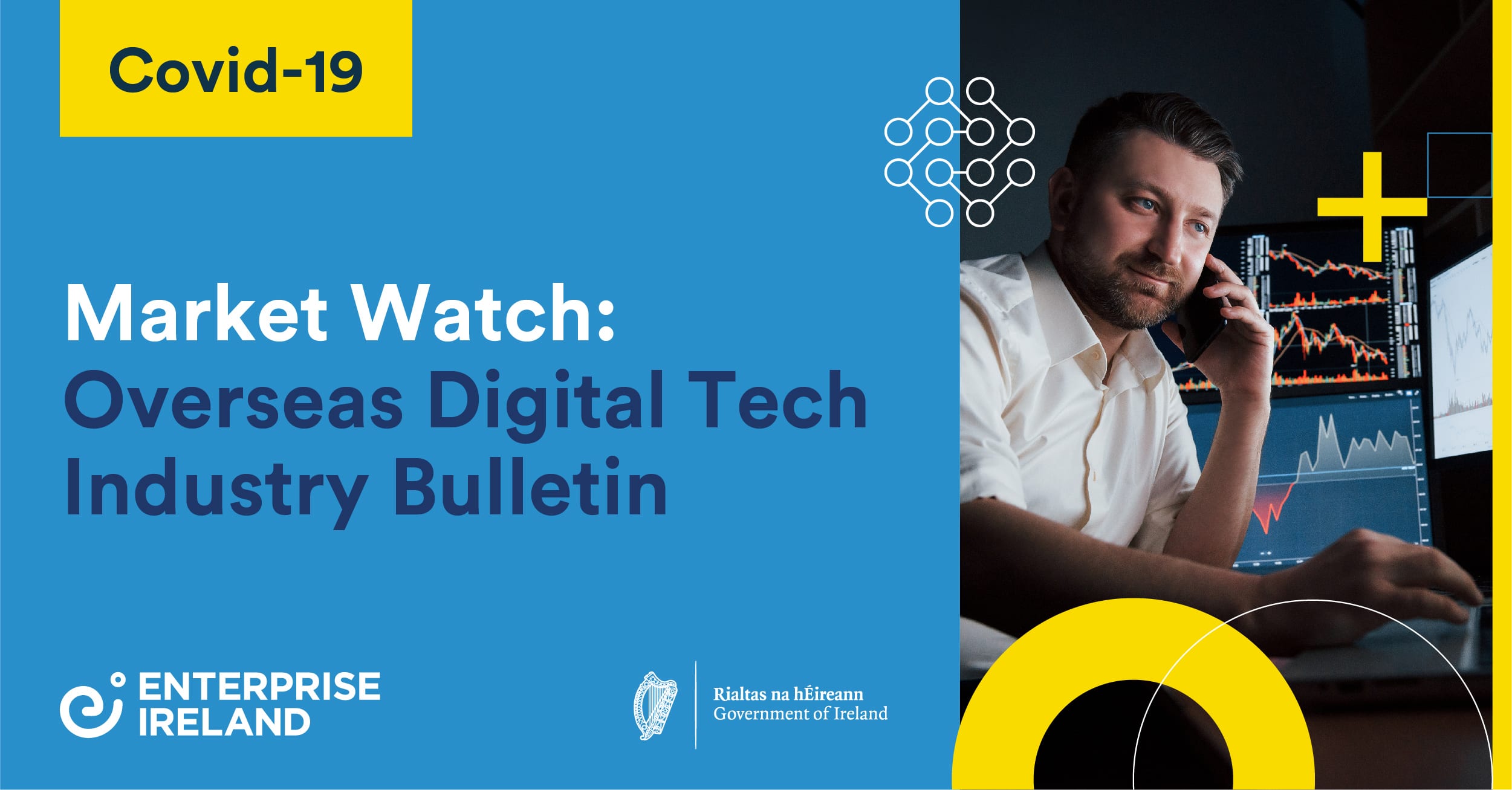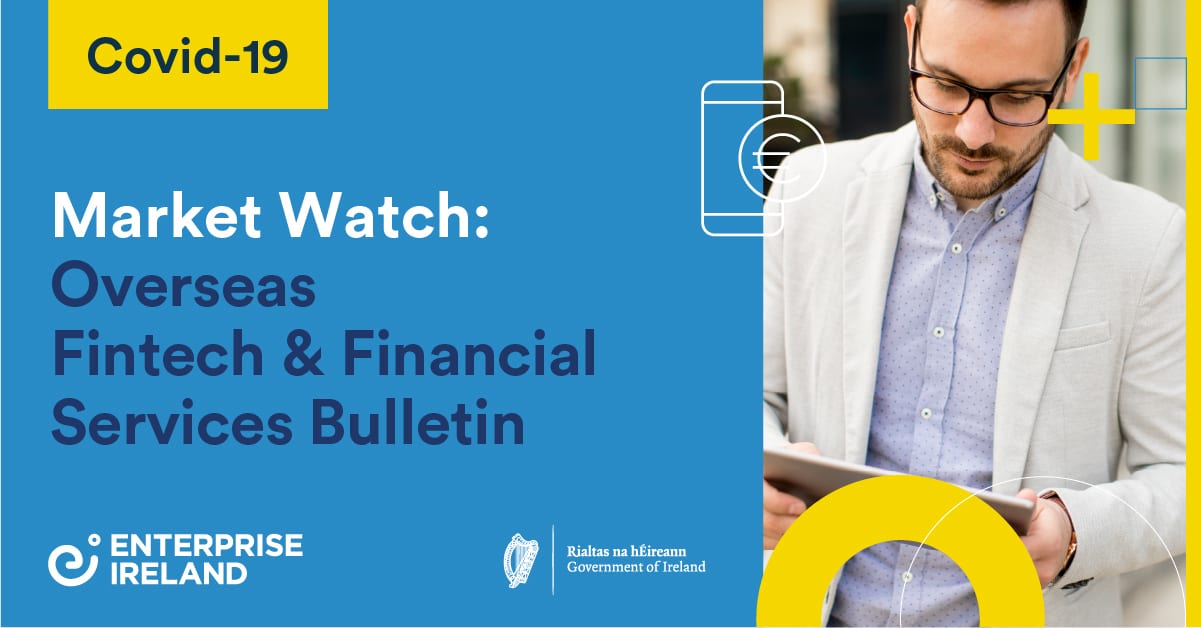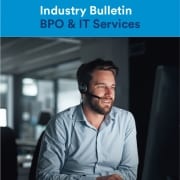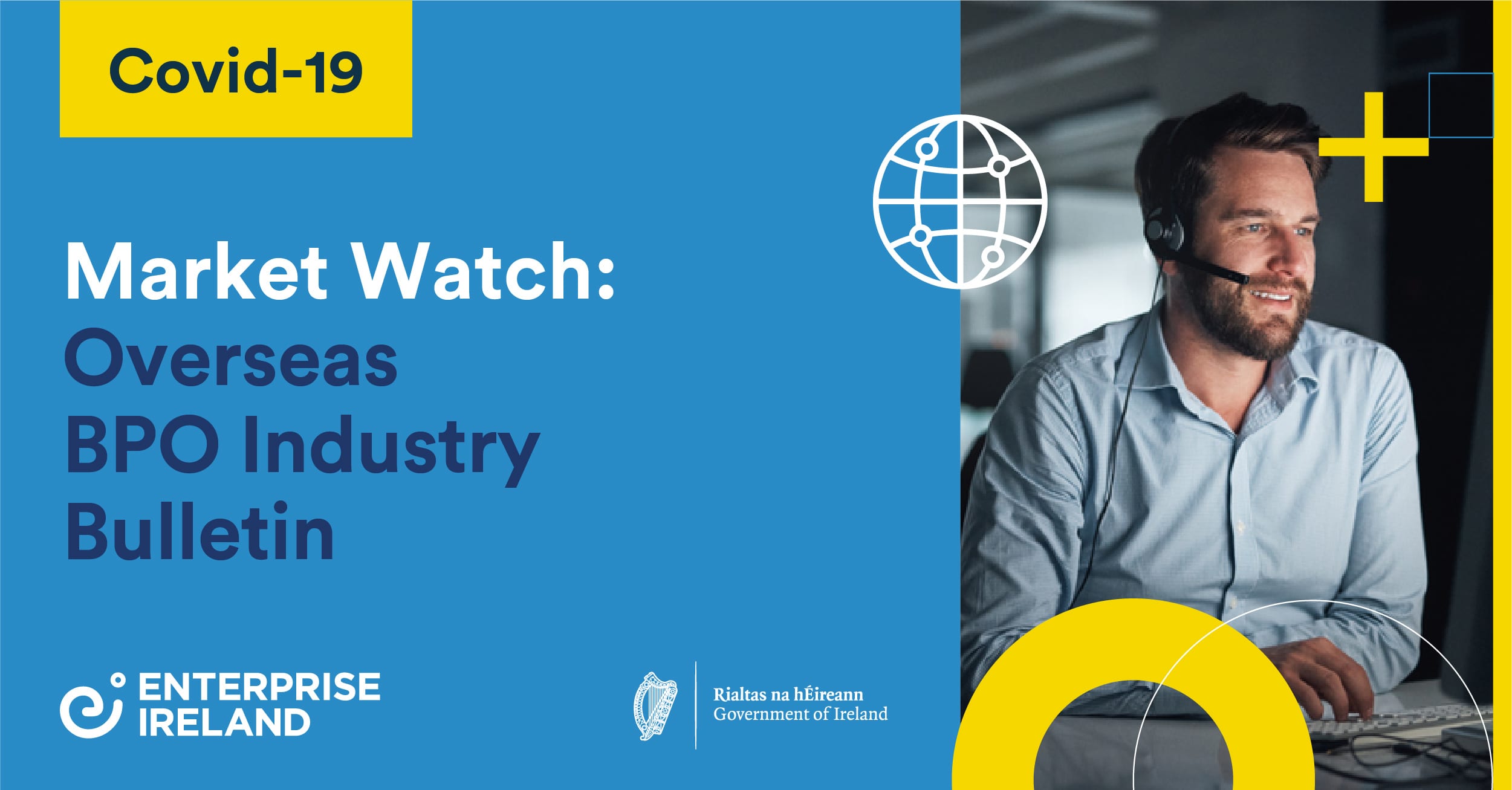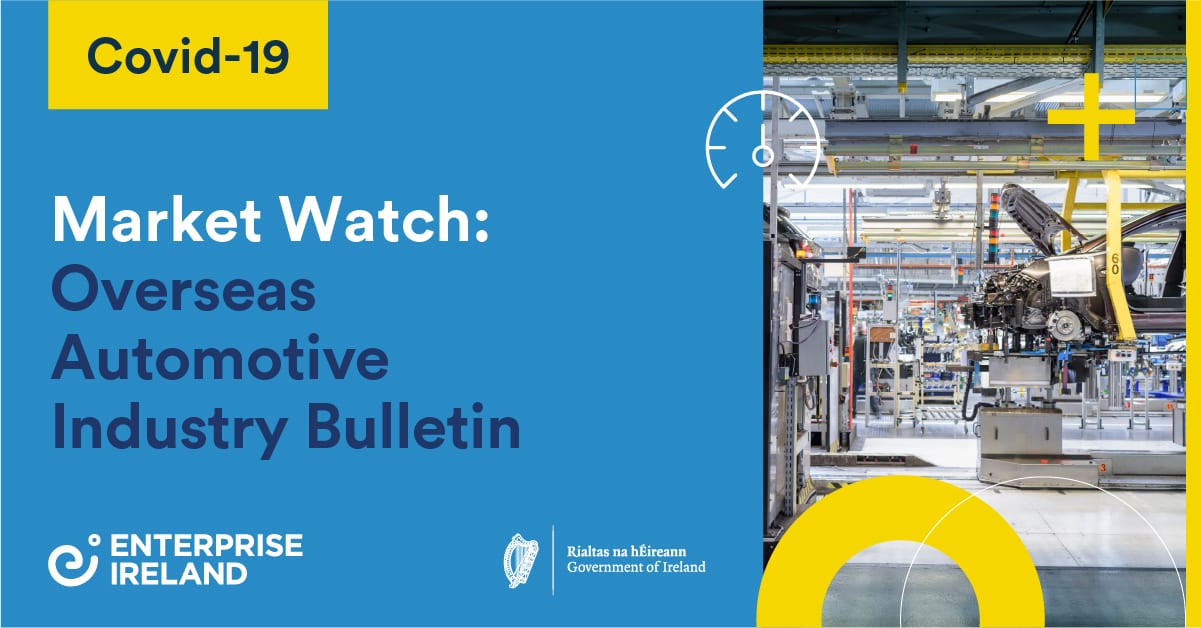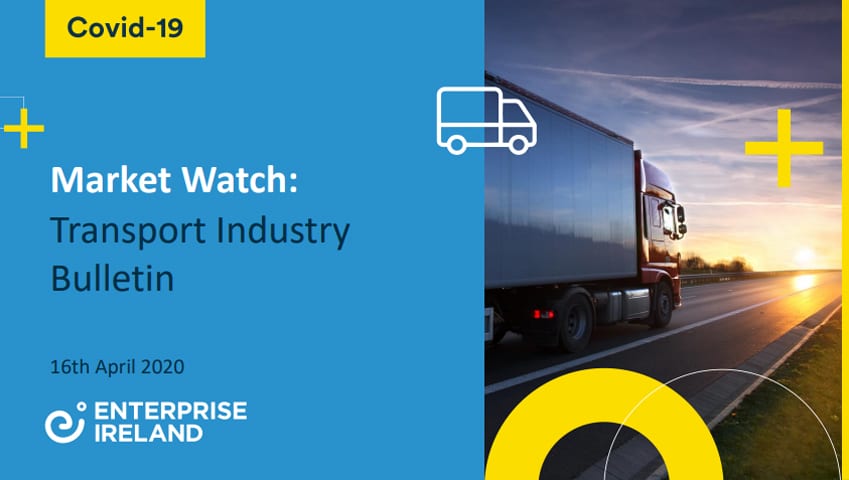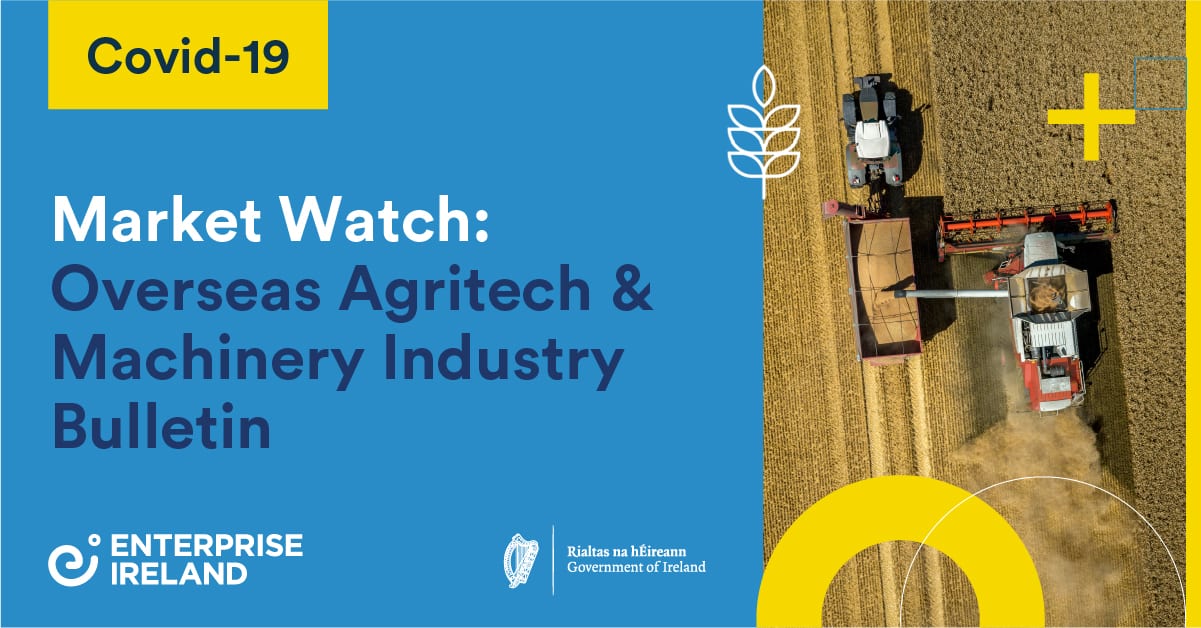Irish software firm mAdme helping mobile giants through Covid-19 crisis
The seismic fall-out from Covid-19 has created an unprecedented demand for Irish innovation, with our tech sector stepping up to aid the recovery of industries including health, travel and communications.
As mobile operators provide customers with Covid-related updates – typically struggling to get beyond an engagement rate of 1-2% via standard SMS and push notifications – an Irish software firm is making waves with a proprietary messaging channel that is pushing engagement rates closer to 20%.
Dublin-based mAdme provides a customer experience platform for mobile operators to engage with subscribers. The platform overlays rich content including images and video directly on phone screens, without the need for customers to go into an app or notification tray, delivering messages in real-time, triggered by customer usage.
Engagement rates up to 20%
“We’re seeing engagement rates up to around 20% for messages sent on our channel versus other channels like SMS and email,” says Dave Manzor, VP (Product) of mAdme Technologies. “Because of the scale and effectiveness of the platform, we can quickly disseminate important messages to huge numbers of people, which is proving hugely beneficial during the Covid-19 crisis.”
In India, mobile giant Reliance Jio used the mAdme platform to issue a message to its subscribers that linked to Covid-19 awareness information including a symptoms-checker. The campaign was viewed a colossal 250 million times.
“We’ve also seen operators use the software for Covid-related business messages including providing free data or removing data caps,” says mAdme’s Dave Manzor.
“It’s also been deployed to help manage the load on under-pressure call centres, for example by encouraging people to use self-care channels for things like topping up credit.”
mAdme software on 200 million phones
Founded in 2013 by Triona Mullane, the mAdme platform is currently deployed in 28 countries, running on more than 200 million phones in key markets including Asia, North America and Europe.
Mullane, who won the ‘Emerging’ category in last year’s EY Entrepreneur of the Year awards, has overseen rapid growth and a hatful of industry awards for mAdme including a 7th place ranking in the 2019 Deloitte Technology Fast 50, and 2018 winner of the Disruptive Technology Award in association with Facebook.
The company has also overcome a few challenges along the way, the most notable of which was having to rapidly scale up to match the growth of Jio in India, going from zero to 100 million subscribers in the space of just five months.
Working with some of the biggest mobile brands in the world, mAdme is now focussing on improving operators’ customer care offerings, especially around the calling experience.
“We’ve developed a new experience in the phone dialler that directs callers to the information they’re looking for,” says Dave Manzor. “This is having a massively positive impact for operators because it reduces the number of calls they need to service in their call centres, but also benefits the caller who can get what they need without having to wait on hold.”
The Dublin-based firm is also looking into the broader enterprise space with relevance for any company that wants to improve how it engages with customers.
Disruption through innovation
“Innovation and R&D are at the core of everything we do,” says Manzor. “When you’re a small player from Ireland selling to a global market, you need to be innovating in every aspect of the business. We’re disrupting some very well-established industries and we couldn’t do that without continuous innovation.”
“From a R&D perspective, we’re building software to meet the needs of the market,” he goes on. “Every line of code we write, we make sure it’s adding value for all our customers and we have a really exciting technology roadmap that will enable us to continue adding value well into the future.”
“We’re also active in the IP space with a number of patent applications on the go,” Manzor says. “The first of these was successfully granted just last month, which was very pleasing and further proof that what we’re doing is genuinely innovative.”
Firmly established among the fastest-growing tech companies in Ireland, mAdme has its sights set on further international growth.
Irish tech credentials
“Irish companies have very strong history, credentials and reputation for delivering great innovation and it’s all the more impressive given that we’re coming from a small island on the edge of Europe,” says Dave Manzor. “I think it makes it all the more exciting to compete and win business in markets all over the world.”
The company has had support and investment from a range of sources including Enterprise Ireland, the national export agency. “Enterprise Ireland has been a huge supporter from day one, they continue to support us to this day and we really appreciate that,” says Manzor:
“On a global scale, Enterprise Ireland is so well-connected, they use the Irish network incredibly well and make it possible for companies like mAdme to make connections in countries where otherwise we’d be largely going it alone.”
“If you look at the trade shows Enterprise Ireland runs every year, without them it just wouldn’t be possible for small companies like ourselves to showcase our work but Enterprise Ireland makes that possible.”




